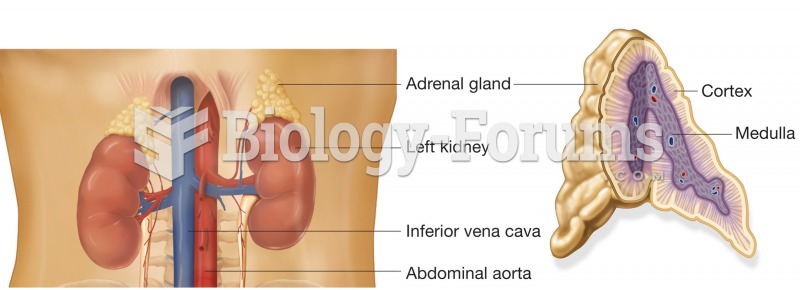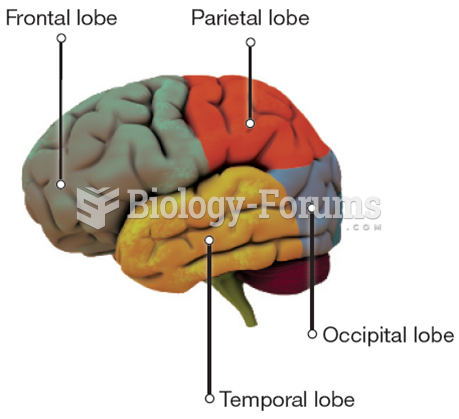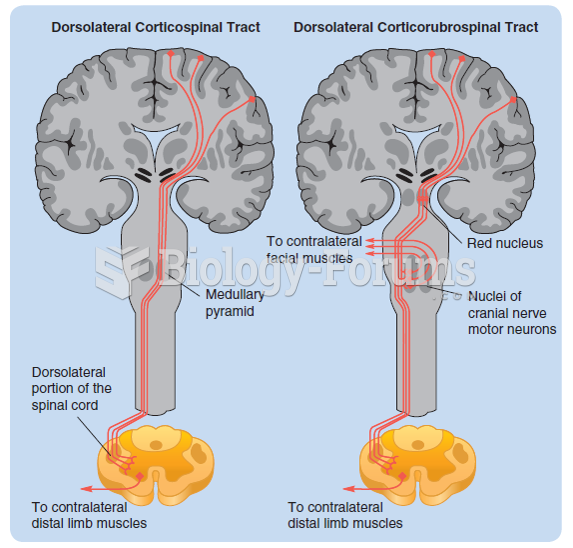|
|
|
During the twentieth century, a variant of the metric system was used in Russia and France in which the base unit of mass was the tonne. Instead of kilograms, this system used millitonnes (mt).
On average, the stomach produces 2 L of hydrochloric acid per day.
Cancer has been around as long as humankind, but only in the second half of the twentieth century did the number of cancer cases explode.
Though the United States has largely rejected the metric system, it is used for currency, as in 100 pennies = 1 dollar. Previously, the British currency system was used, with measurements such as 12 pence to the shilling, and 20 shillings to the pound.
It is believed that humans initially contracted crabs from gorillas about 3 million years ago from either sleeping in gorilla nests or eating the apes.
 The adrenal glands. These glands sit on top of each kidney. Each adrenal is subdivided into an outer
The adrenal glands. These glands sit on top of each kidney. Each adrenal is subdivided into an outer
 The major structures of the limbic system: amygdala, hippocampus, cingulate cortex, fornix, septum, ...
The major structures of the limbic system: amygdala, hippocampus, cingulate cortex, fornix, septum, ...





